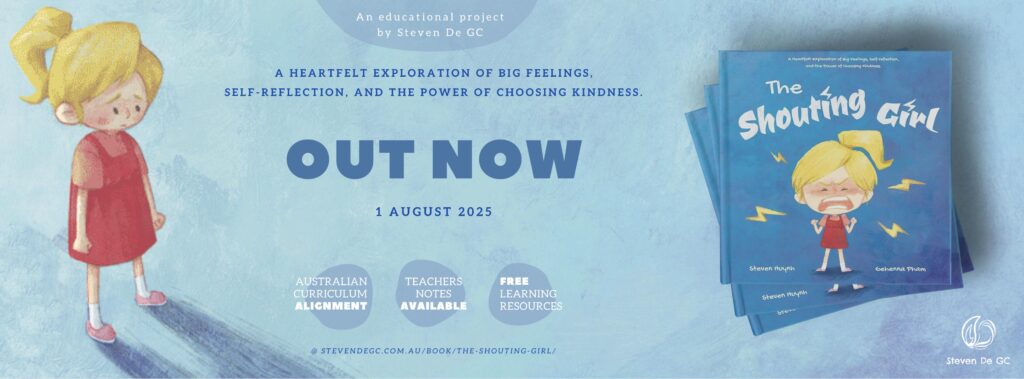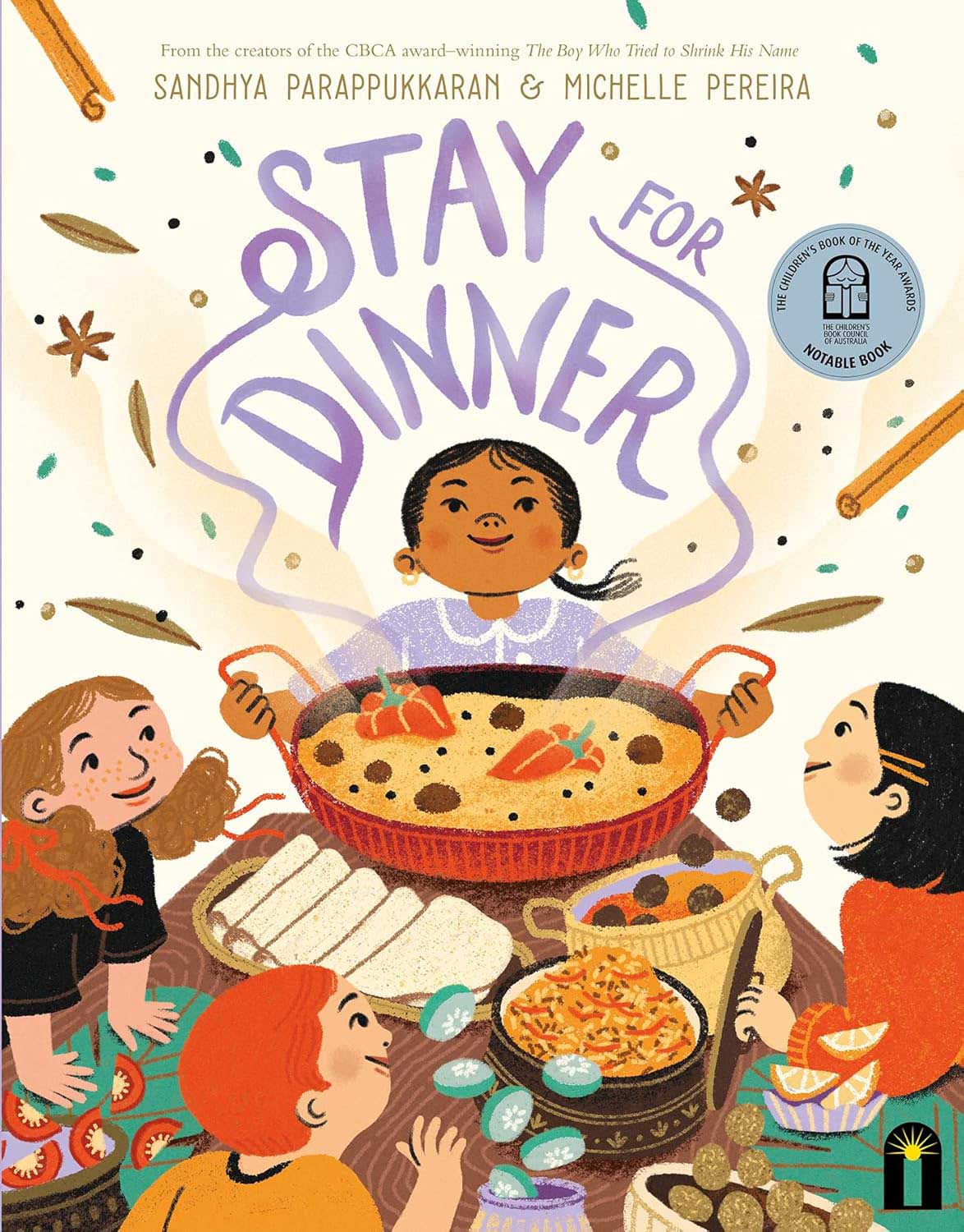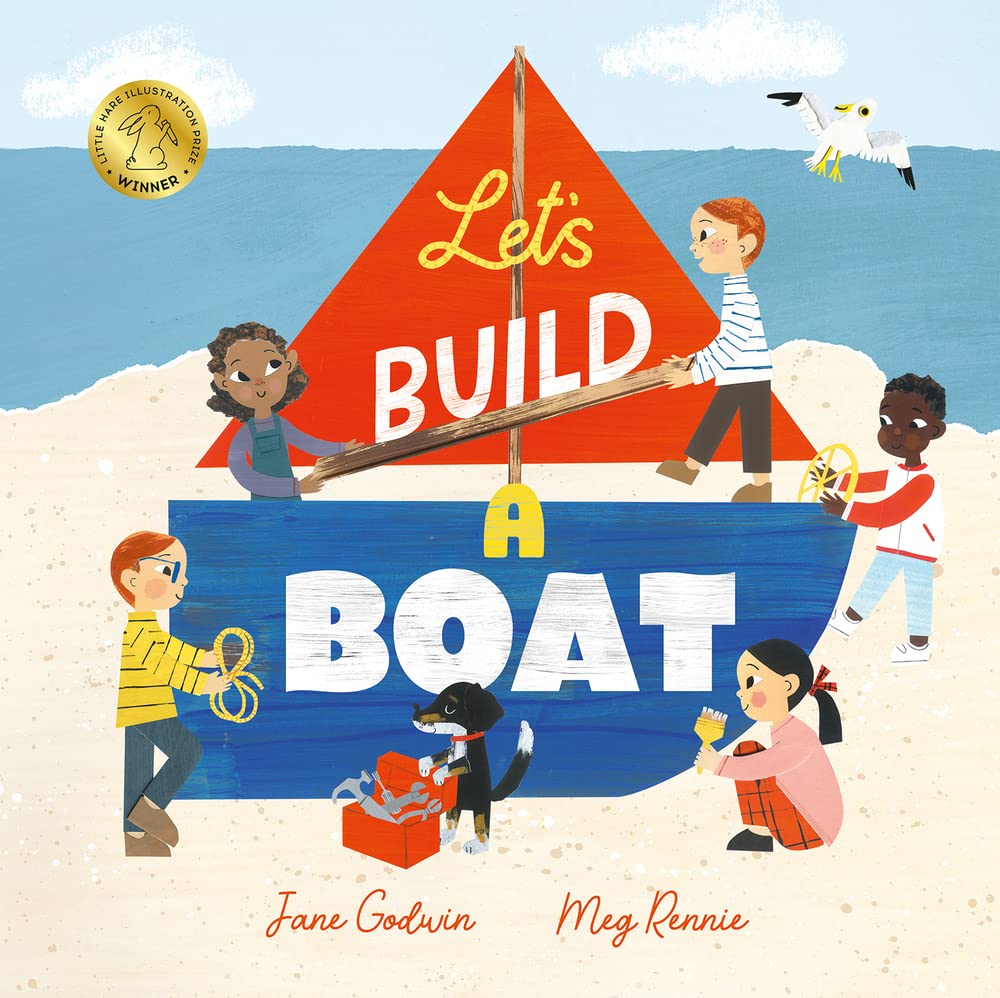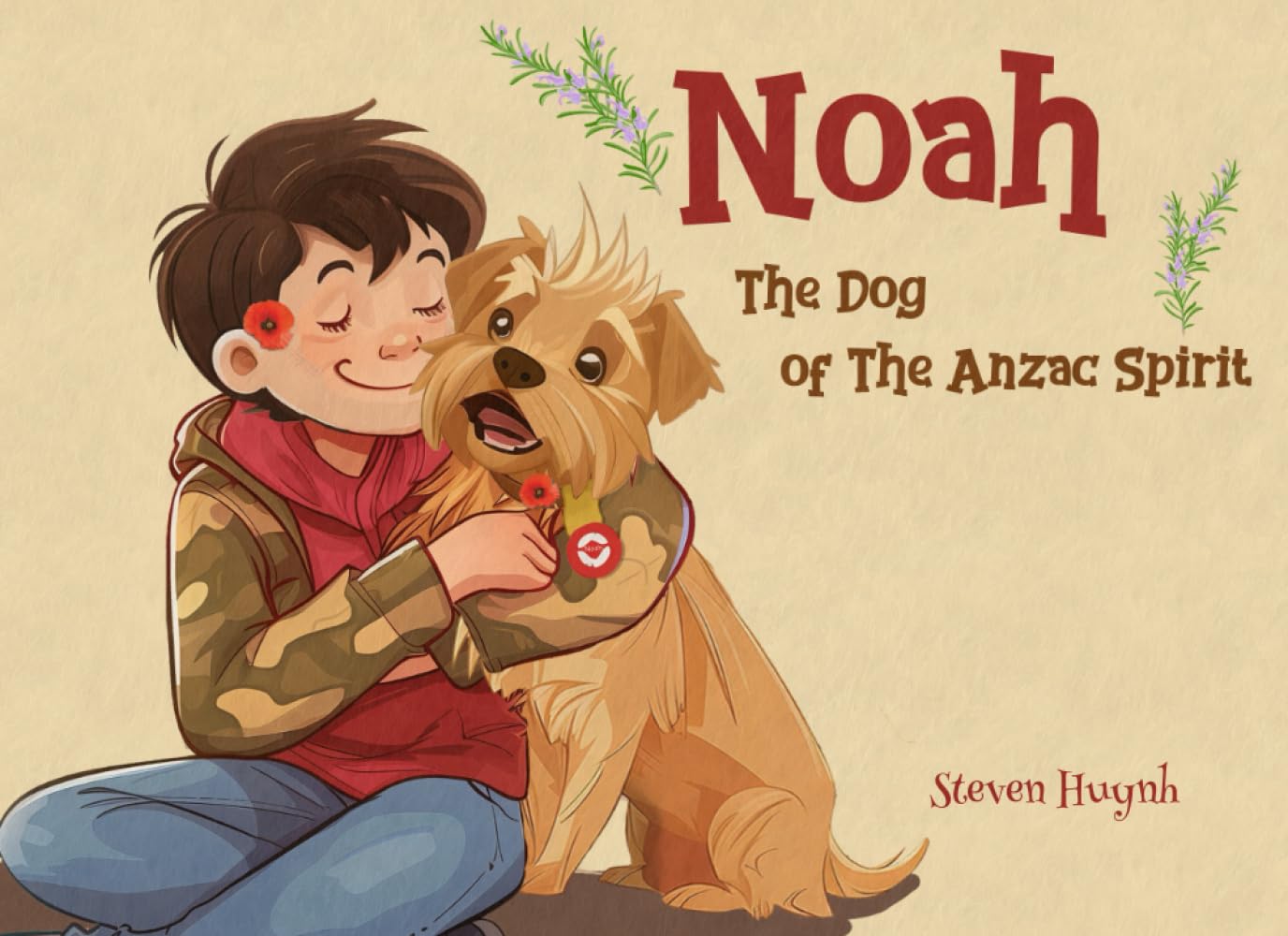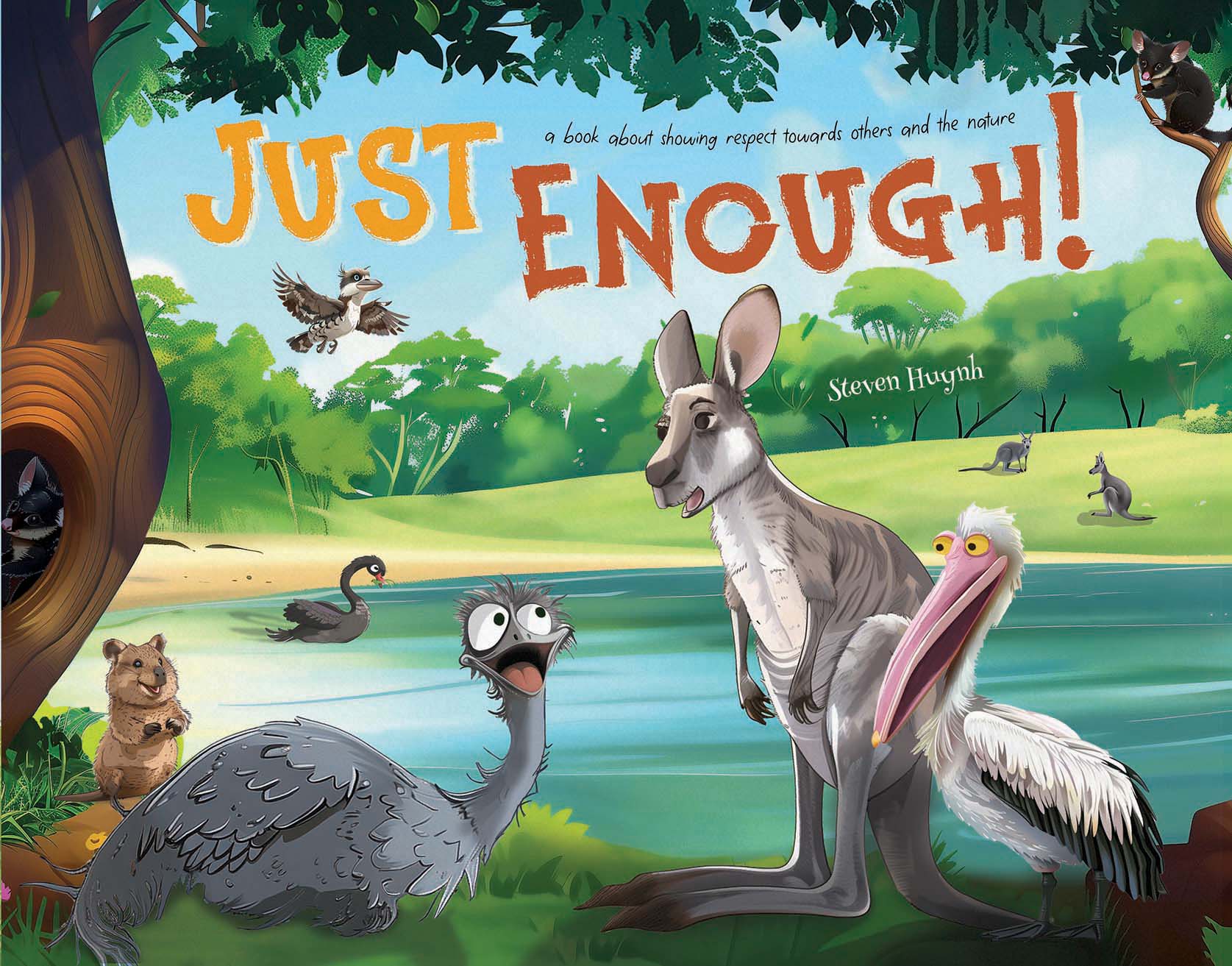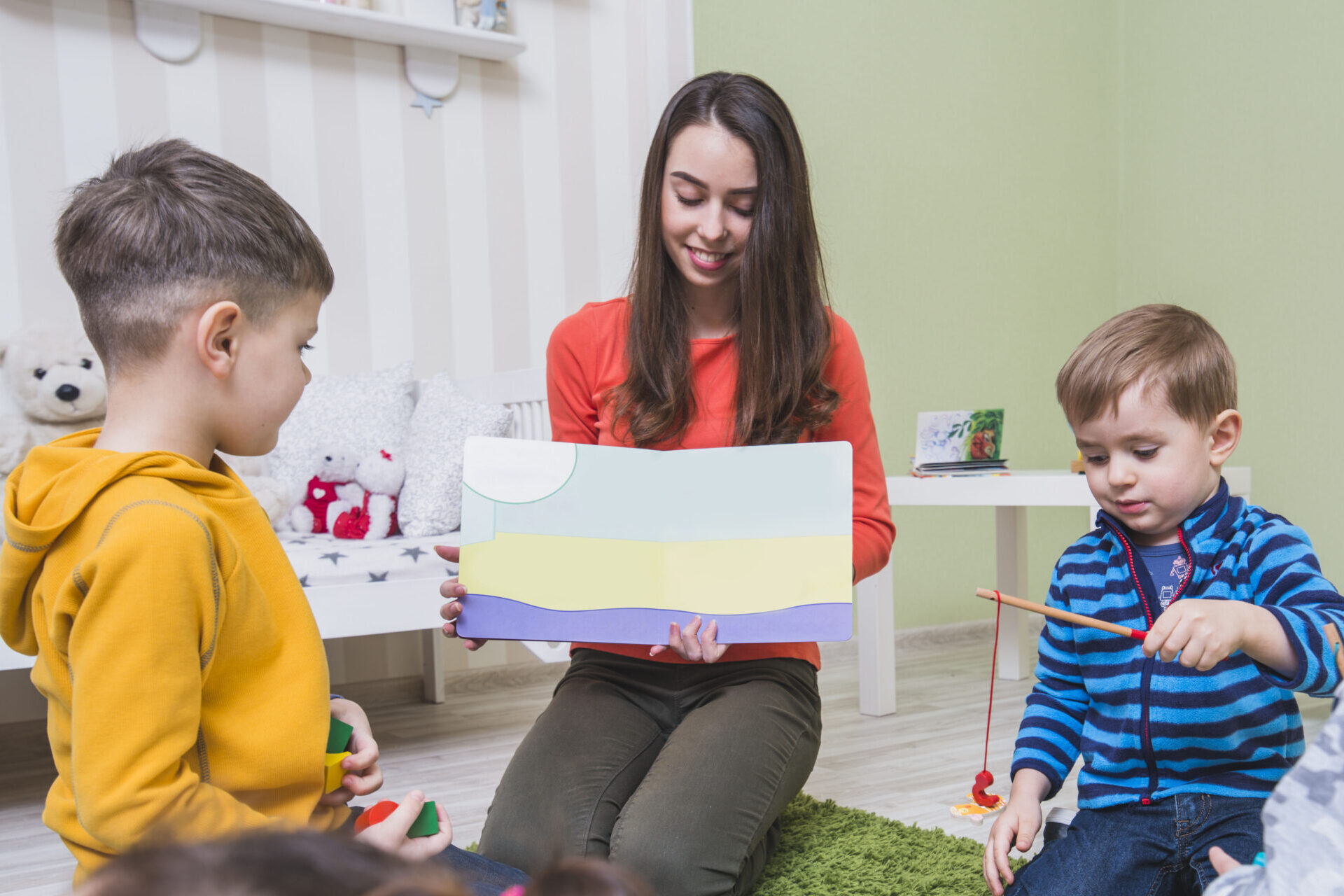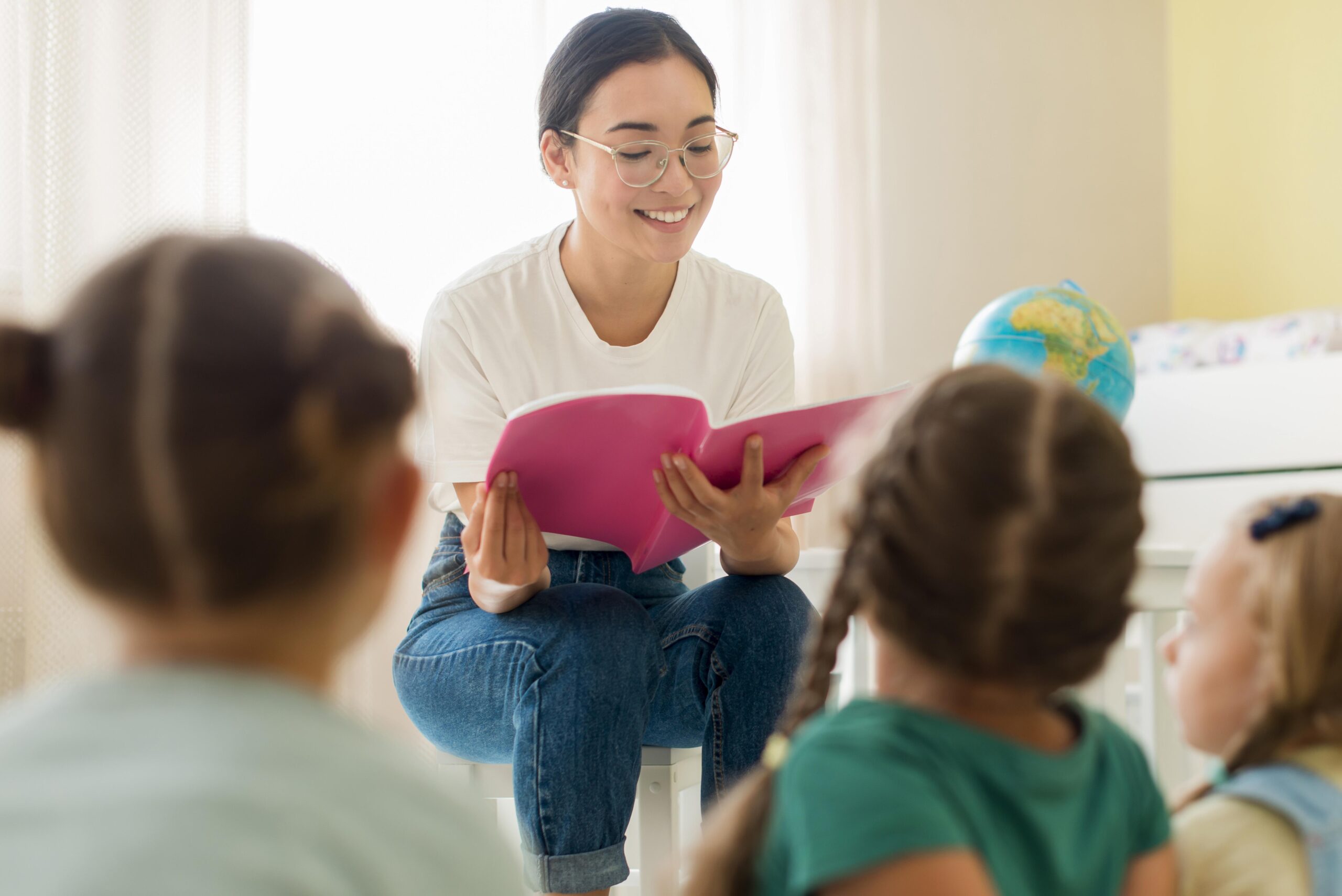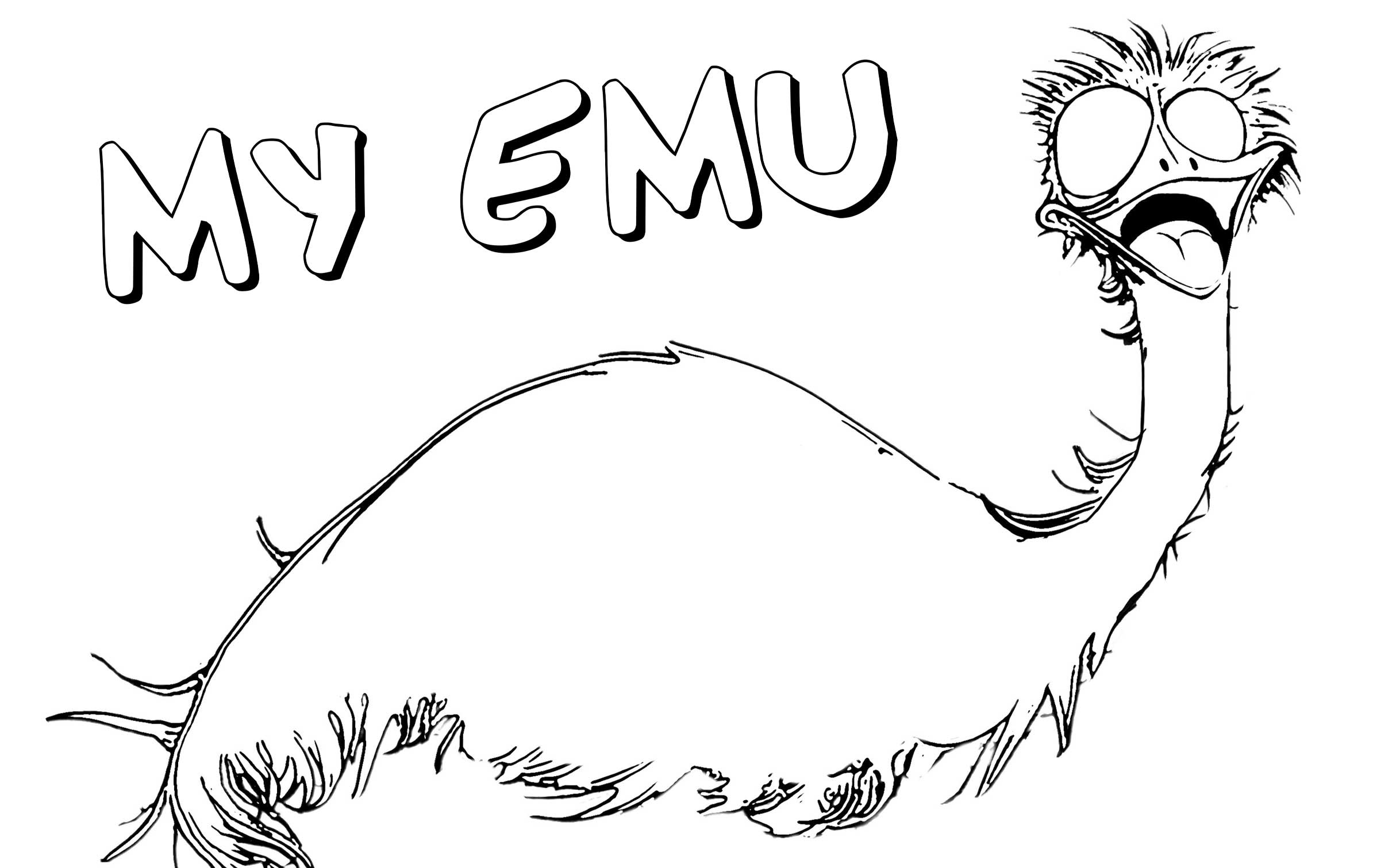Year 1
Children’s Picture Books and Activities Aligned with the Australian Curriculum for Year 1
This section features children’s books, learning activities, and lessons designed for Year 1 students (age 6), aligned with the Australian Curriculum. Resources cover all key learning areas including English, Mathematics, Science, Design and Technologies, Humanities and Social Sciences (HaSS), and Health and Physical Education.
Ideal for teachers, homeschoolers or parents, these materials support Year 1 learners as they build skills in reading, thinking, investigating, and creating through rich, age-appropriate learning experiences.
If you’re working with a multi-year level class or exploring a specific theme or topic, head to our Subject section to filter resources more effectively across levels.
-
Little Cloud
Written & illustrated by Eric Carle
Published by World of Eric Carle
Theme/topic: Weather changes
Little Cloud by Eric Carle is a beautifully illustrated story that follows a small cloud as it drifts across the sky, changing into different shapes before joining other clouds to bring rain. The book encourages young readers to observe and explore daily changes in weather patterns through clouds and understand clouds are part of the water cycle (ACSSU004 – Foundation Year, Science; AC9S1U02 – Year 1, Science).
Through Carle’s signature collage-style illustrations and simple yet engaging text, Little Cloud inspires children to use their imagination while learning about the natural world. The book also provides opportunities for discussions about how clouds form, change, and contribute to the environment, making it a wonderful resource for early science learning.
The Rainy Day
Written by Anna Milbourne
Illustrated by Sarah Gill
Published by Usborne Picture Books
Theme/topic: Vocabulary expansion and Weather impacts
The book explores weather patterns and the daily changes in the environment during a rainy day. As the characters observe the sky darkening, raindrops falling, and puddles forming, students are encouraged to describe daily changes in the environment and explore how these changes affect everyday life (ACSSU004 – Foundation Year; AC9S1U02 – Year 1, Science).
Teachers can explore these suggested learning points with children: investigating how changes in the weather affect plants and animals, including humans; exploring how people make clothing choices using predictions of weather; and investigating how rain or clouds are formed.
With engaging language and vivid imagery, The Rainy Day supports early scientific thinking by prompting discussions about the water cycle, seasonal changes, and the role of rain in nature. This book is an excellent resource for developing curiosity and appreciation for the natural world.
Stay for Dinner’s Cultural Diversity Story from a Teaching Perspective
Discover Stay for Dinner, a multicultural children’s book celebrating diversity. See how it aligns with the Australian Curriculum for Years 1 and 2!
Let’s Build A Boat
Written by Jane Godwin
Illustrated by Meg Rennie
Published by Little Hare Books
Theme/topic: Colaborating, Evaluating, Friendship, Narrative, Persistence, Producing, Rhyme, and Teamwork
This inspiring picture book celebrates teamwork, creativity, and determination. As a group of children come together to build a boat for their picnic on an island, the story naturally lends itself to discussions about the purpose of a boat in general and context of the text (AC9TDE2K01 – Years 1 and 2, Design and Technologies). The story also highlights the importance of preparation before they begin (AC9TDE2P01 – Years 1 and 2, Design and Technologies), innovation and problem-solving when they face the challenge at sea (AC9TDE2P03 – Years 1 and 2, Design and Technologies).
Throughout their journey, they experience challenges and moments of joy, allowing students to reflect on how they manage emotions in different situations (AC9HP2P03 – Years 1 and 2, Health and Physical Education). The story also supports children in understanding how teamwork, resilience, and problem-solving help them to achieve shared goals (AC9HP2P01 – Years 1 and 2, Health and Physical Education).
Let’s Build a Boat is a perfect launchpad for hands-on STEM or creative projects, as well as social-emotional learning discussions around collaboration, effort, and celebrating differences.
AC9HP2P01 (Health and Physical Education – Year 1, Year 2) AC9HP2P03 (Health and Physical Education – Year 1, Year 2) AC9TDE2P01 (Design and Technologies – Year 1, Year 2) AC9TDE2P02 (Design and Technologies – Year 1, Year 2) AC9TDE2P03 (Design and Technologies – Year 1, Year 2) AC9TDE2P04 (Design and Technologies – Year 1, Year 2)Noah: The Dog Of The Anzac Spirit
Written & illustrated by Steven Huynh
Published by Steven De GC
Theme/topic: Commemorations, Courage, Family history, Friendship, Important sites, Kindness, and Persistence
The story weaves themes of courage, kindness, and resilience with an appreciation for Australia’s history. Noah, a lovable and compassionate dog, dreams of becoming a hero like his owner’s grandfather, an Anzac veteran. Inspired by stories shared through photos of Grandpa (ACHASSK013 – Foundation Year, Humanities and Social Sciences), Noah finds daily motivation to use his strength—kindness—to help others (ACPPS001, ACPPS015 – Foundation to Year 2, Health and Physical Education).
The story also touches on the importance of commemorating past events, such as Anzac Day, that hold deep meaning for communities (ACHASSK012 – Foundation Year, Humanities and Social Sciences) and highlights a historical site dedicated to honouring Anzac soldiers (ACHASSK045 – Year 2, Humanities and Social Sciences). Through vibrant illustrations and an engaging narrative, Noah: The Dog of the Anzac Spirit inspires young readers to embody the Anzac values of perseverance and resilience (ACPPS020 – Years 1 and 2, Health and Physical Education), while fostering a connection to Australia’s rich cultural heritage.
ACHASSK012 (Humanities and Social Sciences – Foundation) ACHASSK013 (Humanities and Social Sciences – Foundation) ACHASSK045 (Humanities and Social Sciences – Year 2) ACPPS001 (Health and Physical Education – Foundation) ACPPS015 (Health and Physical Education – Year 1, Year 2) ACPPS020 (Health and Physical Education – Year 1, Year 2)Stay For Dinner
Written by Sandhya Parappukkaran
Illustrated by Michelle Pereira
Published by Bright Light
Theme/topic: Culture, Diversity, Emotion recognition, Identity, Narrative, and Vocabulary expansion
Stay for Dinner by Sandhya Parappukkaran is a vibrant celebration of cultural diversity and the connections made through shared meals. The story centres on a family preparing a special dinner for their child’s friends, offering a glimpse into various mealtime customs and table manners (AC9HP2P01 – Years 1 and 2, Health and Physical Education). Through the lens of this dinner, the book explores the emotional responses and questions that arise from cultural traditions (AC9HP2P03 – Years 1 and 2, Health and Physical Education), encouraging children to embrace diversity and appreciate the richness of different cultural backgrounds (AC9HP2P02 – Years 1 and 2, Health and Physical Education).
The narrative is brought to life with vivid sound and imagery words such as “squish,” “splash,” “slice,” and “prong,” capturing the sensory experience of the meal. Culinary terms like “papadum,” “sadhya,” and “dumpling” add authenticity and depth, inviting readers into the world of diverse cuisines. As the main character reflects on her and her friends’ mealtime experiences, the story underscores the importance of understanding and respecting different customs, fostering a sense of togetherness and mutual respect.
With its rich illustrations and heartwarming themes, Stay for Dinner inspires children to find joy in sharing meals and traditions, highlighting the value of friendship and cultural appreciation.
Books and Activities for Celebrating Aussie Christmas
Celebrate Australian national holidays with creative storytelling activities! Discover engaging ideas to spark imagination, honour traditions, and create meaningful family memories through festive and educational fun.
Big Rain Coming
Written by Katrina Germein
Illustrated by Bronwyn Bancroft
Published by Picture Puffin
Theme/topic: Days of the week and Weather impacts
Big Rain Coming by Katrina Germein is a beautifully written and atmospheric story that captures the anticipation of rainfall in a remote Australian Indigenous community. Throughout the week, the land remains dry, and the people wait patiently for the relief that the rain will bring. The book helps students explore observable weather changes and how they impact the environment and daily life (ACSSU004 – Foundation Year; AC9S1U02 – Year 1, Science). It also help kids compare and recognise the extensive knowledges of daily and seasonal changes in weather patterns and landscape held by First Nations Australians.
The timely, predictable text encourages children to recognise and describe the sequence of the days of the week, supporting their understanding of time (ACMMG007, AC9MFM02 – Foundation Year, Mathematics). With its rich language and evocative illustrations, Big Rain Coming fosters curiosity about weather patterns and seasonal changes while promoting discussions about patience, resilience, and connection to the land.
Just Enough!
Written & illustrated by Steven Huynh
Published by Steven De GC
Theme/topic: Basic needs, Health and Physical Education, and Sustainability
The narrative encourages students to take only what is needed (ACPPS006, ACPPS022 – Foundation to Year 2 Health and Physical Education), reinforcing fairness in sharing resources like classroom materials. It also explores the negative consequences of overuse by addressing the basic needs of animals—food, water, and shelter (ACSSU002 – Foundation Year Science) —demonstrating how overuse impacts wildlife and habitats. Highlighting environmental changes caused by resource depletion (ACSSU019 – Year 1 Science), fostering the awareness of sustainability. With its rich themes of sharing and environmental stewardship, this story inspires young learners to adopt mindful, responsible habits in their daily lives.
Using Stories to Build Empathy and Understanding in Young Learners
Discover how storytelling can foster empathy in education and support emotional growth in young learners. Unlock the power of stories to build understanding and emotional intelligence.
Mindfulness for Young Children through Storytelling
Explore how to teach mindfulness to young children using storytelling and simple activities. A practical guide for Australian teachers aligned with the Australian Curriculum.
6 Tips for Parents to Engage Storybooks in Children’s Learning Journey
Discover effective ways for parents to engage in their child’s primary school learning journey. Explore how storytelling at home can enhance Australian home learning and foster parental involvement.
Fun and Educational Spring Activities for Australian Classrooms
Discover hands-on spring activities for Australian classrooms that promote early learning through engaging outdoor experiences for young students.
How to Foster Emotional Intelligence in Young Learners Through Storytelling
Discover how storytelling can foster emotional intelligence in young learners through social-emotional learning (SEL) activities. Boost empathy and self-awareness in early childhood education.
From Story to Study: an Innovative Learning Experience with Storybooks
Explore creative ways to use a children’s book across subjects, enhancing literacy and building connections between diverse skills in the classroom.
How to Plan an Engaging Lesson Using Storytelling
Unlock the power of storytelling in your lesson plans! Learn how to create engaging, captivating lessons that inspire students and enhance learning, all while aligning with the Australian Curriculum.
How to Effectively Deliver Storytelling to Young Learners in the Classroom Setting
Discover effective storytelling techniques for children that enhance engagement and learning in the classroom.
Why Storytelling is Essential in the Classroom: Key Benefits for Educators
Discover the key benefits of storytelling in Education for 5-7-year-old classrooms. Enhance classroom engagement, boost empathy, and build critical thinking skills.
Sharing Is Caring!
📔 Just Enough! by Steven Huynh• Children learn to take turns and share learning materials with friends.
Just Enough! – A Thoughtful Moral on Resourcefulness and Responsibility
The picture book empowers children to be mindful about how they use classroom resources and encourages self-reflection.


